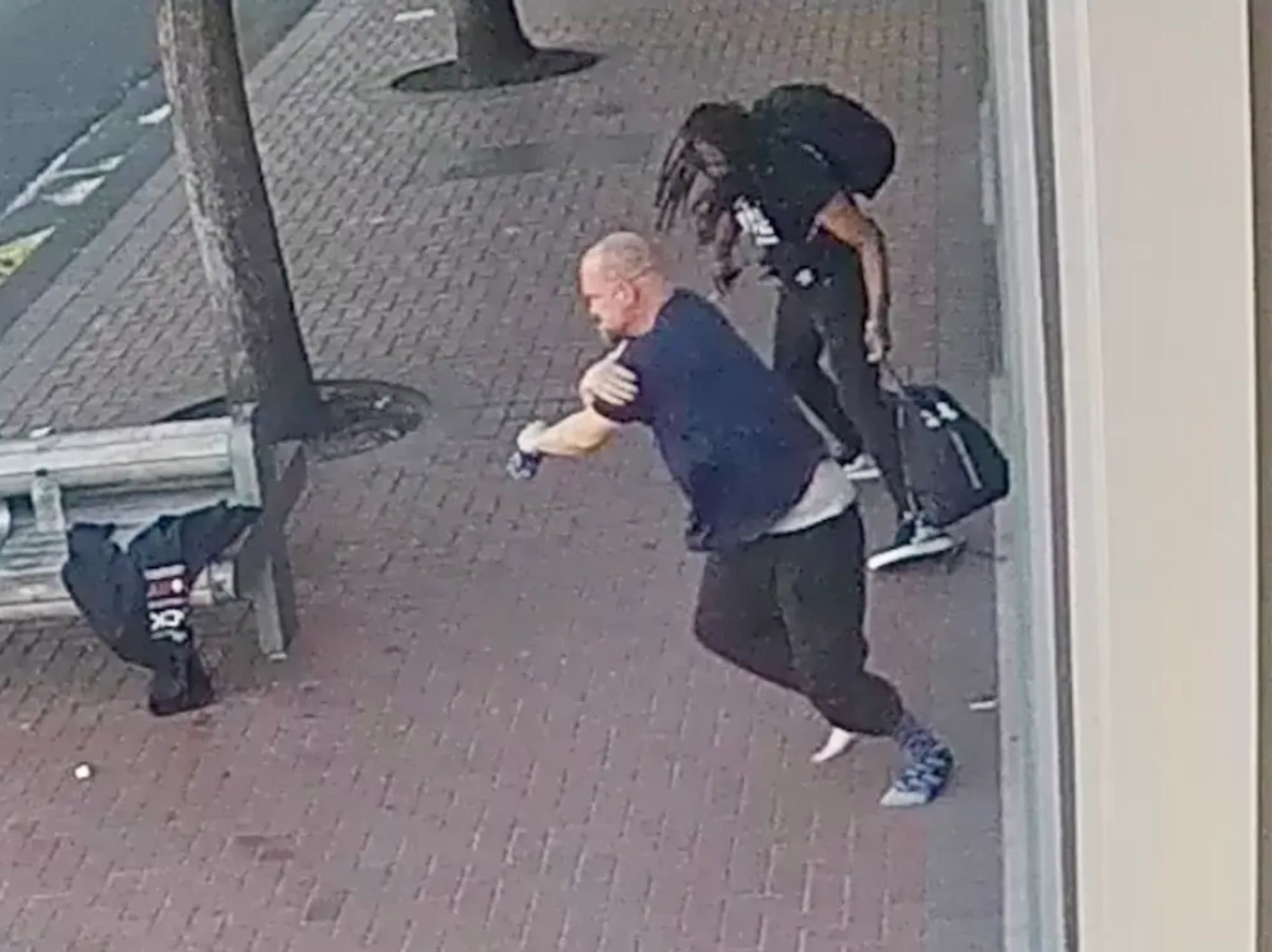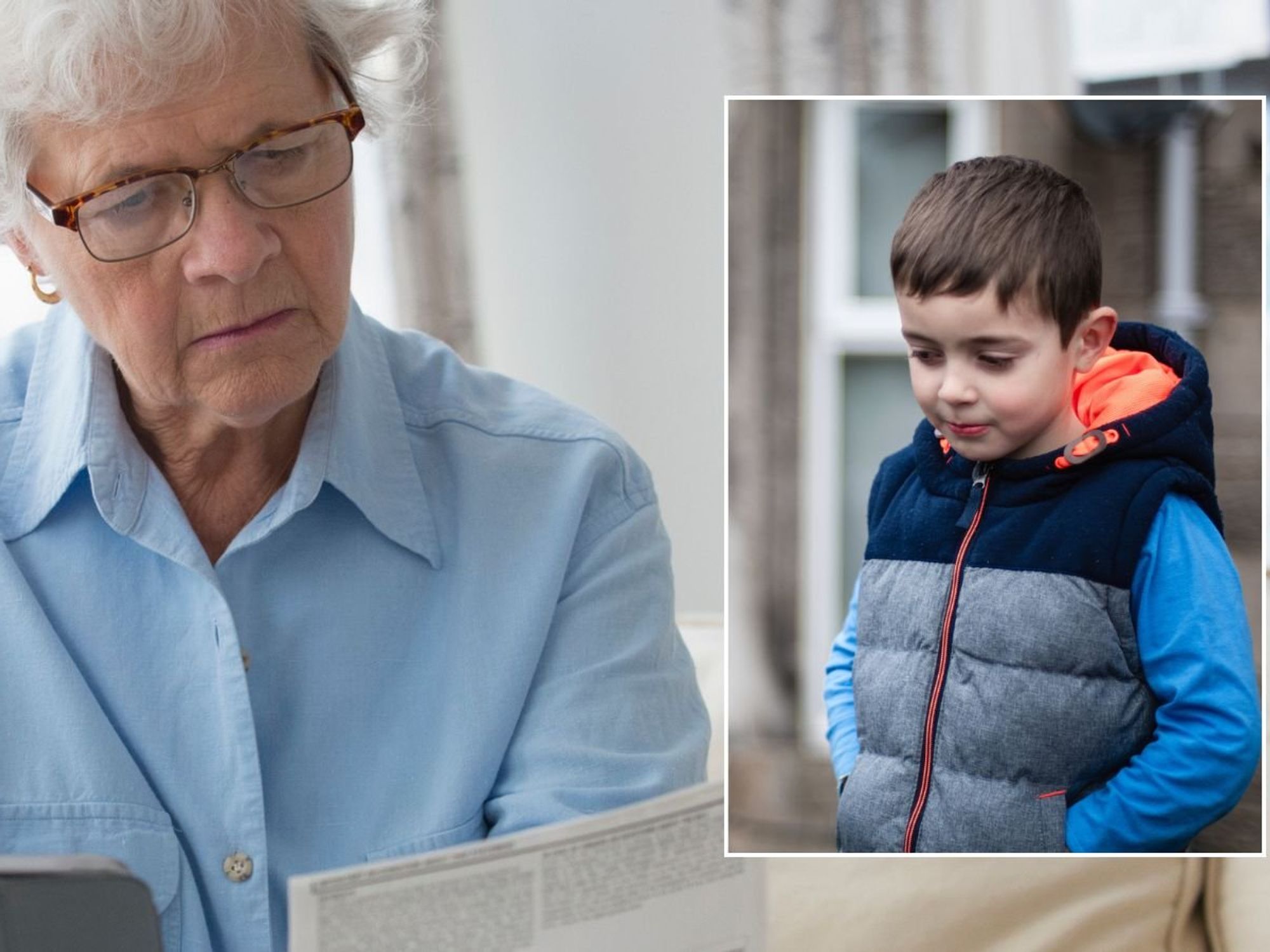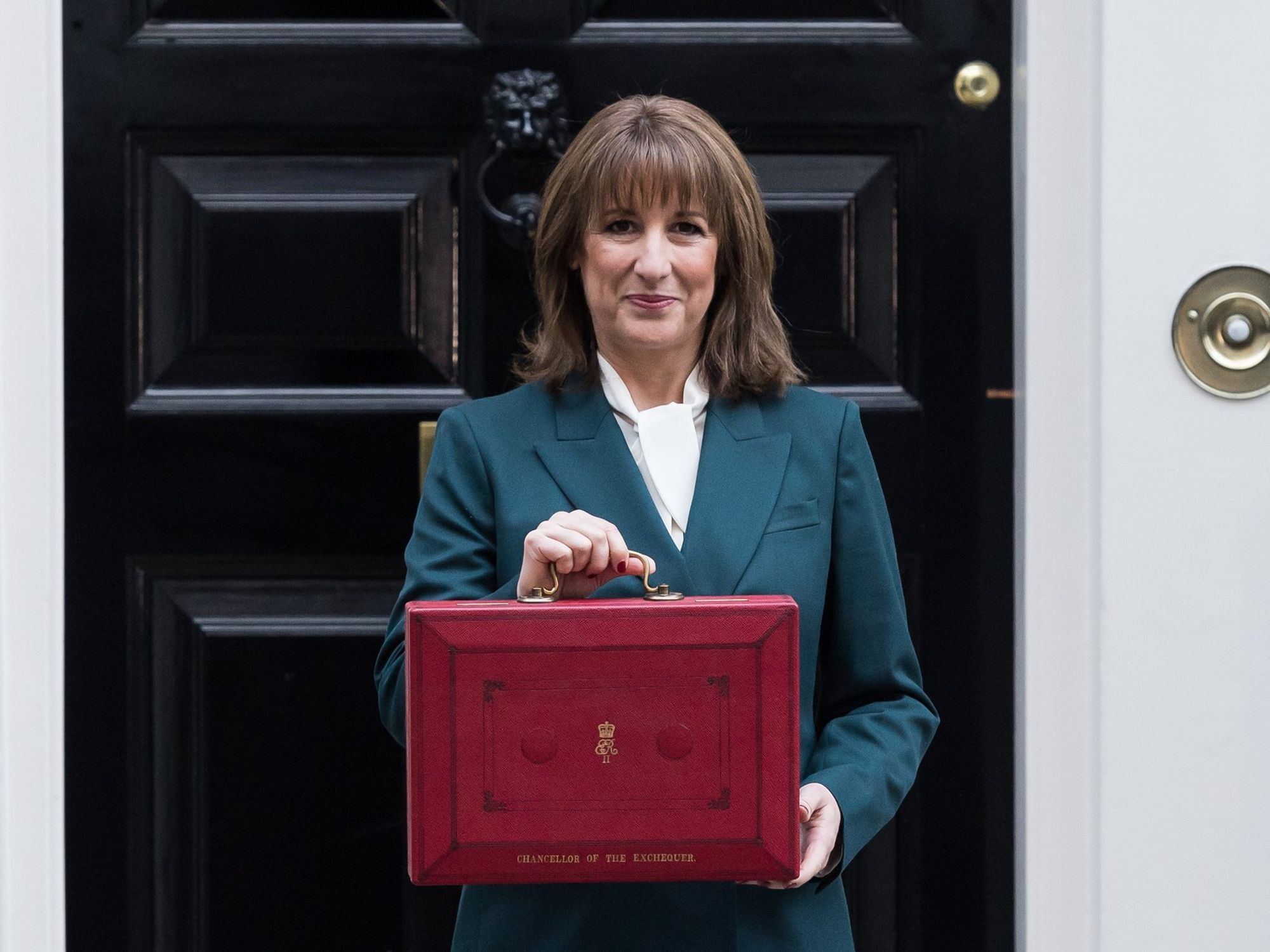Covid: Door-to-door vaccination effort considered in bid to reach unjabbed – reports
A trial which had been carried out in Ipswich, Suffolk, could be expanded across the whole country.
Don't Miss
Most Read
Coronavirus vaccination teams could go door-to-door to reach those yet to have their jabs, reports have suggested, in a bid to stave off further restrictions.
New Covid measures came into force in Wales, Scotland and Northern Ireland on Boxing Day but politicians in England are unlikely to discuss further measures until Monday, with suggestions a voluntary reduction in social contacts before Christmas could convince Boris Johnson to rely on guidance rather than new rules.
A trial which had been carried out in Ipswich, Suffolk, could be expanded across the whole country as the Government attempted to hold out against introducing new restrictions in England.
The Mail on Sunday (MoS) reported that No 10 saw reaching those who had not yet had their vaccinations as a key way of staving off new restrictions.
A month-long campaign was launched at the end of November in the Westgate area of Ipswich, which had a low vaccine uptake rate.
Public health teams went door-to-door addressing worries and offering transport to vaccination centres.
A bus also toured the area to offer jabs without appointments.
In Great Yarmouth, in Norfolk, community champions have made doorstep calls in areas where vaccination rates are low.
Downing Street sources told the MoS the aim was to expand the door-to-door scheme to the rest of the country.
It comes as Commons Speaker Sir Lindsay Hoyle is expected to speak to Government officials on Boxing Day over the prospect of a recall of Parliament to approve any pre-New Year measures.
From Boxing Day, a maximum of six people will be allowed to meet in pubs, cinemas and restaurants in Wales.
A total of 30 people will be allowed at indoor events while 50 people will be allowed at outdoor events.
Two-metre social distancing is being required in public premises and offices, and nightclubs will close.
The rules, in force from 6am, are a revised version of alert level two.
In Scotland, large events will have one-metre physical distancing and will be limited to 100 people standing indoors, 200 people sitting indoors and 500 people outdoors.
A day later, up to three households can meet with a one-metre distance between groups at indoor and outdoor venues like bars, restaurants, theatres, cinemas and gyms.
Table service is also needed at places where alcohol is served.
Northern Ireland is also bringing in restrictions on Boxing Day and December 27, with indoor standing events no longer permitted and nightclubs closing.
Socialising will be reduced to three households while up to six people can meet in pubs, bars and restaurants. Ten people will be allowed if they are from the same household. Only table service will be available.
A two-metre social distancing rule will be in place in public premises and offices.
It is understood a Covid O meeting is yet to be scheduled as ministers await further data, but No 10 did not rule out the possibility one could take place on Monday.
However, it is understood school closures are not being considered for January.
A source close to Education Secretary Nadhim Zahawi said: “The PM and Nadhim are fully committed to keeping schools open and there’s a shared commitment across Government to do so.
“Education is a top priority and school closures are not something being considered.”
Graham Brady, chairman of the powerful 1922 Committee of backbench Tory MPs, told the Observer it was “time to move on from the lazy assumption that Government has the right to control our lives”, adding that Britons should “take responsibility for our own lives once again”.
Charles Walker, a former vice-chairman of the committee, told the newspaper he hoped emerging data would support maintaining the current course of action.
“I think the PM has done extremely well to weigh up the information, hold his nerve and get us to this point,” he added.
The number of people getting their first jab of the Covid-19 vaccine rose by around 46% in the week up to December 21, the Government said.
In total, 221,564 first doses were administered in England in the week of December 15-21, a 46% increase from the previous week, and 279,112 second doses were administered, a 39% jump, the Department for Health and Social Care said.
The largest increase was seen among young people, with an 85% increase in first doses for those aged 18 and 24 and a 71% increase in first doses for those aged 25 to 30.
In the week up to December 21, more over 60s had had a first dose than during any seven-day period since early June.











